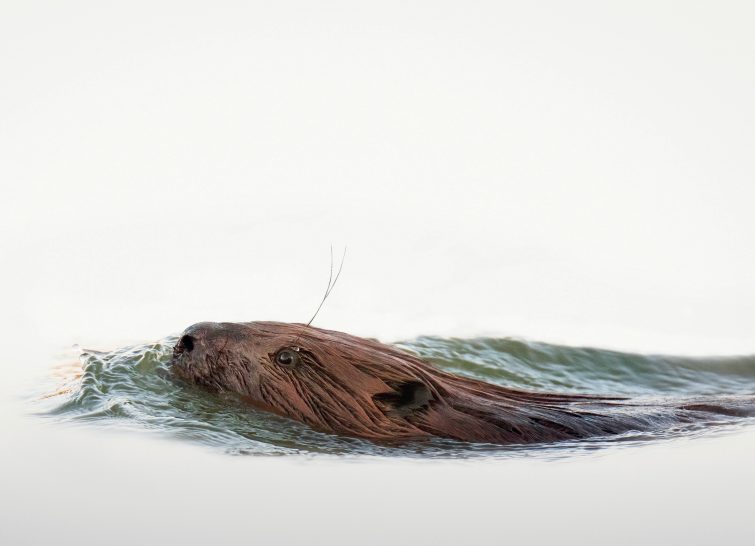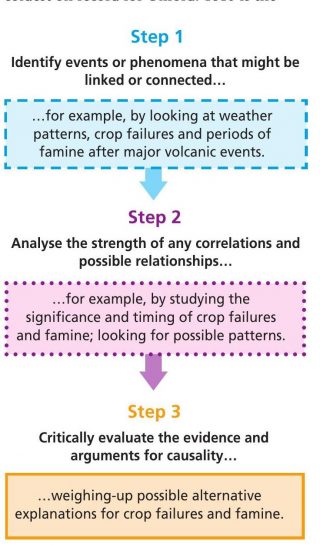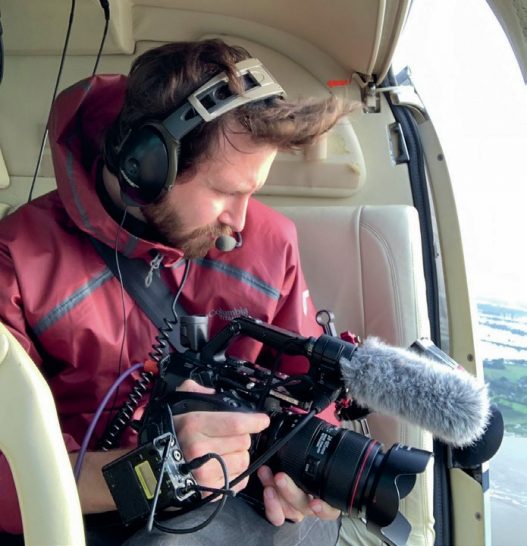
An international group of geoscientists has spent nearly 15 years assessing evidence about the scale, scope and magnitude of the human impact on the Earth’s natural environment. This Anthropocene Working Group (AWG) believes that the so-called Holocene Epoch, prevailing since the end of the last glacial period, has come to an end. Most AWG members believe the 1950s mark the period when Holocene conditions began to be eclipsed. This means we have already been in the Anthropocene for over 70 years, even though the term — meaning ‘the age of humans’ — has not yet been ratified by the International Commission on Stratigraphy (ICS), the keeper of the geological timescale.
In the last 7 years, geoscientists who have paid attention to the work of the AWG have been looking for locations where evidence of a post-1945 ‘ boundary’ between more natural Holocene conditions and the ‘unnatural’ conditions of the Anthropocene can be most clearly seen. Most formal geological boundaries are represented in hard rocks by major changes in rock type or fossil assemblages following extinctions. For the Anthropocene, things like ice cores or sediment layers at undisturbed sites around the globe are being investigated. Figure 1 shows the various locations under consideration to be given the ‘golden spike designation’ to mark the beginning of the Anthropocene. The environmental settings and how they capture the imprint of human activity are also summarised.
Your organisation does not have access to this article.
Sign up today to give your students the edge they need to achieve their best grades with subject expertise
Subscribe



